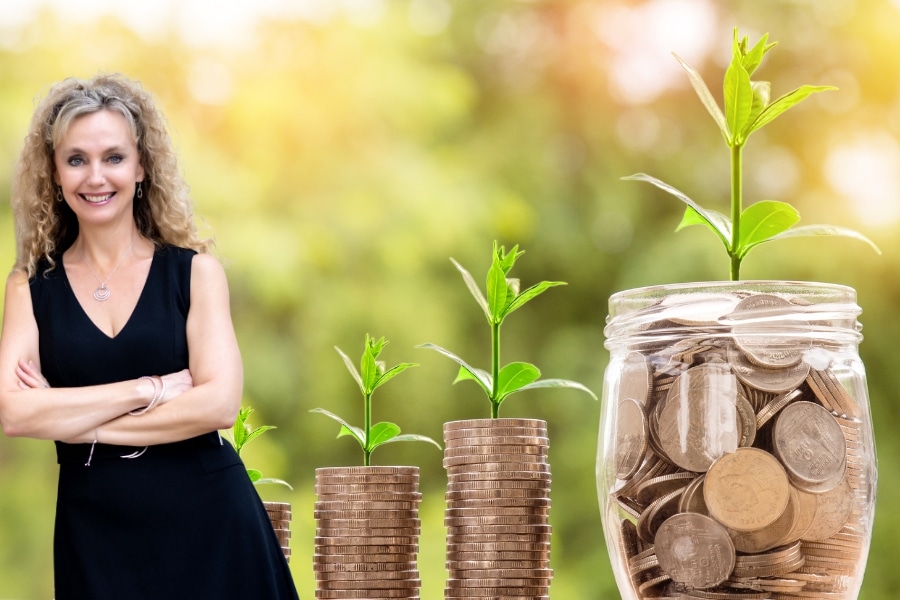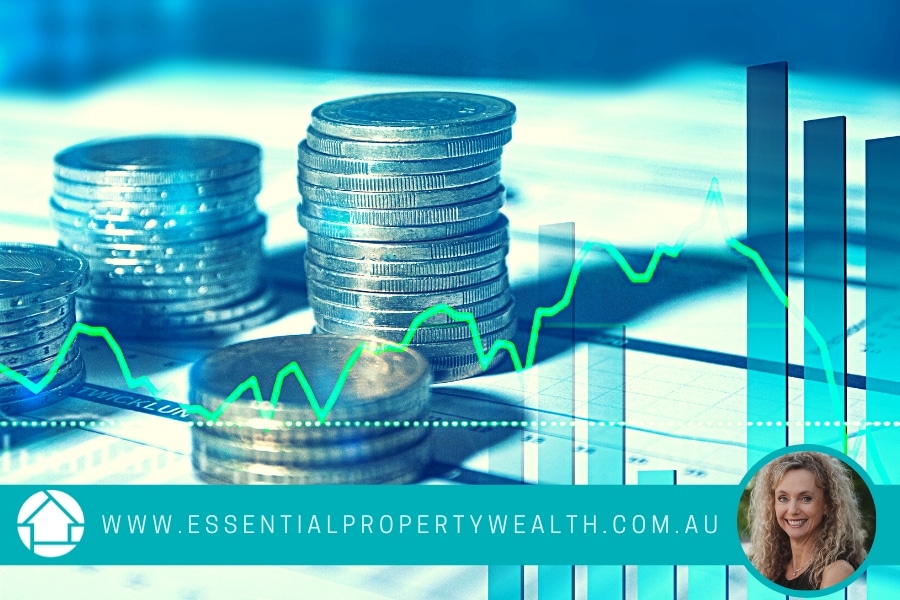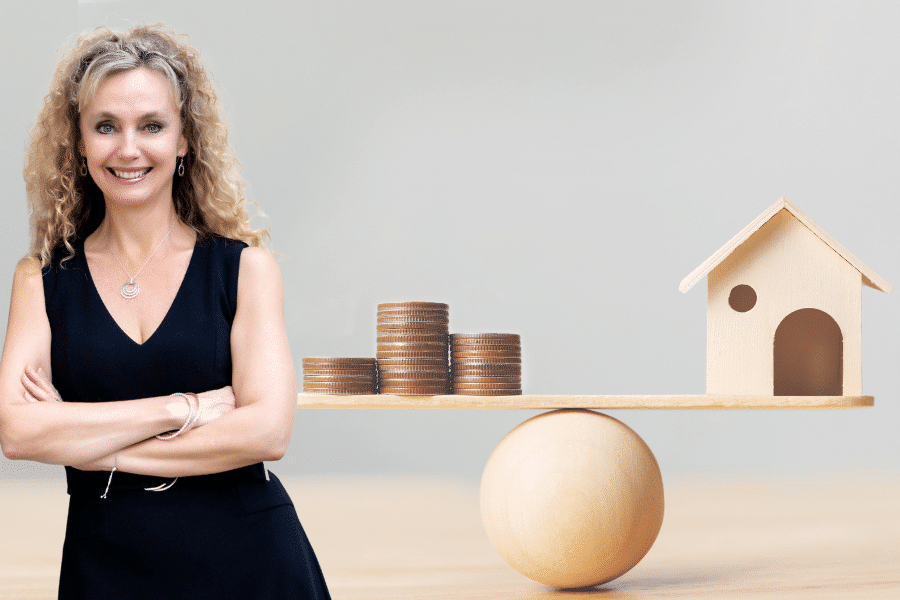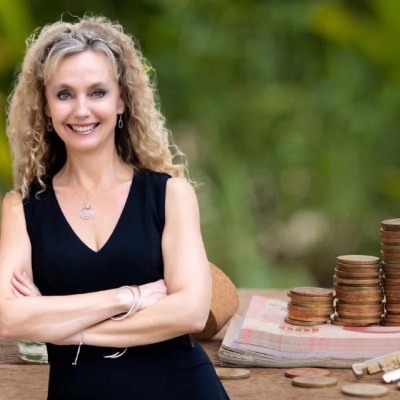
Before you buy an investment property, you’ll want to calculate its yield. The yield on an investment property details the future income you can expect to make represented as a percentage on an annual basis. Not only does this help you determine if a property is suitable for your wealth-building goals, but it gives you a benchmark to compare against other investments where returns are typically measured as a percentage on an annual basis.
Understand the terminology
It’s important to understand the different terminology used for the investment terms associated with a property. For example, you may hear a real estate agent speaking a lot about a property’s return. While knowing the return on a property provides you with a picture of past performance, it doesn’t help you understand the future earning potential that the property may provide.
The four main terms used to outline the earning potential of a property are:
Real estate yield: Measures the future income on an investment as an annual percentage. It’s based on the cost or market value of the asset.
Gross rental yield: The gross income on an investment before expenses are subtracted. Expenses on a rental property can be significant, so sometimes there’s a large variance between a property’s gross and net rental yield.
Net rental yield: The income on an investment property after expenses have been subtracted. Typical expenses include purchasing and transaction costs and repair and maintenance costs.
Return: The total gain or loss on an investment over the holding period. This includes capital gains, and it’s usually expressed in dollars or as a percentage based on the amount of profit made on the investment.
How do you calculate Net Rental Yield?
To calculate the rental yield on a property, complete the steps below:
Subtract ongoing expenses and vacancy costs from your property’s annual rental income (weekly rent x 52).
Divide the number you calculated in step 1 by your property’s value.
Multiply the number you calculated in step 2 by 100.
If, for example, you bought a property this year for $750,000, you rent out the property for $650 per week, and your annual expenses are $6,250 ($650 on lost rent and advertising, $600 on repairs and maintenance, $1,000 on insurance and $4,000 on strata levies).
The formula to calculate your net rental yield would be:
annual rent of $33,800 ($650 x 52) – annual expenses of $6,250 / property value of $750,000 x 100 = 3.67%
How much should my rental yield be?
Your net rental yield should be suitable for your financial situation and your wealth-building goals. If you’re more focused on cash flow, you may choose a higher-yielding property with fewer prospects for rapid capital growth. In contrast, if your strategy is to negatively gear the property, you may buy a property with significant capital growth potential but a lower rental yield. It depends on your goals and your risk appetite as each scenario will have its own set of considerations to review and analyse.
Even if you’re not currently looking for a rental property, it’s a worthwhile exercise to calculate the gross and net rental yield on your current properties to determine what changes you may be able to make to increase your yield. As always, make sure you speak with a qualified finance and legal professional for tailored advice before you make any changes to your finance and investments.
Get the right team around you to support making an informed decision when purchasing and managing your investment property.
Let us help you secure YOUR dream investment property and start your wealth creation journey. Book a FREE no-obligation call with an Essential Property Wealth Expert today and take advantage of the current dip in property prices while you can!
If you’re unsure about your investment yield position and the most tax-effective way to structure your asset purchases and sales contact an expert accountant and financial planner today.
Remember, this article does not constitute financial or legal advice. Please consult your professional financial and legal advisors before making any decisions for yourself.
















